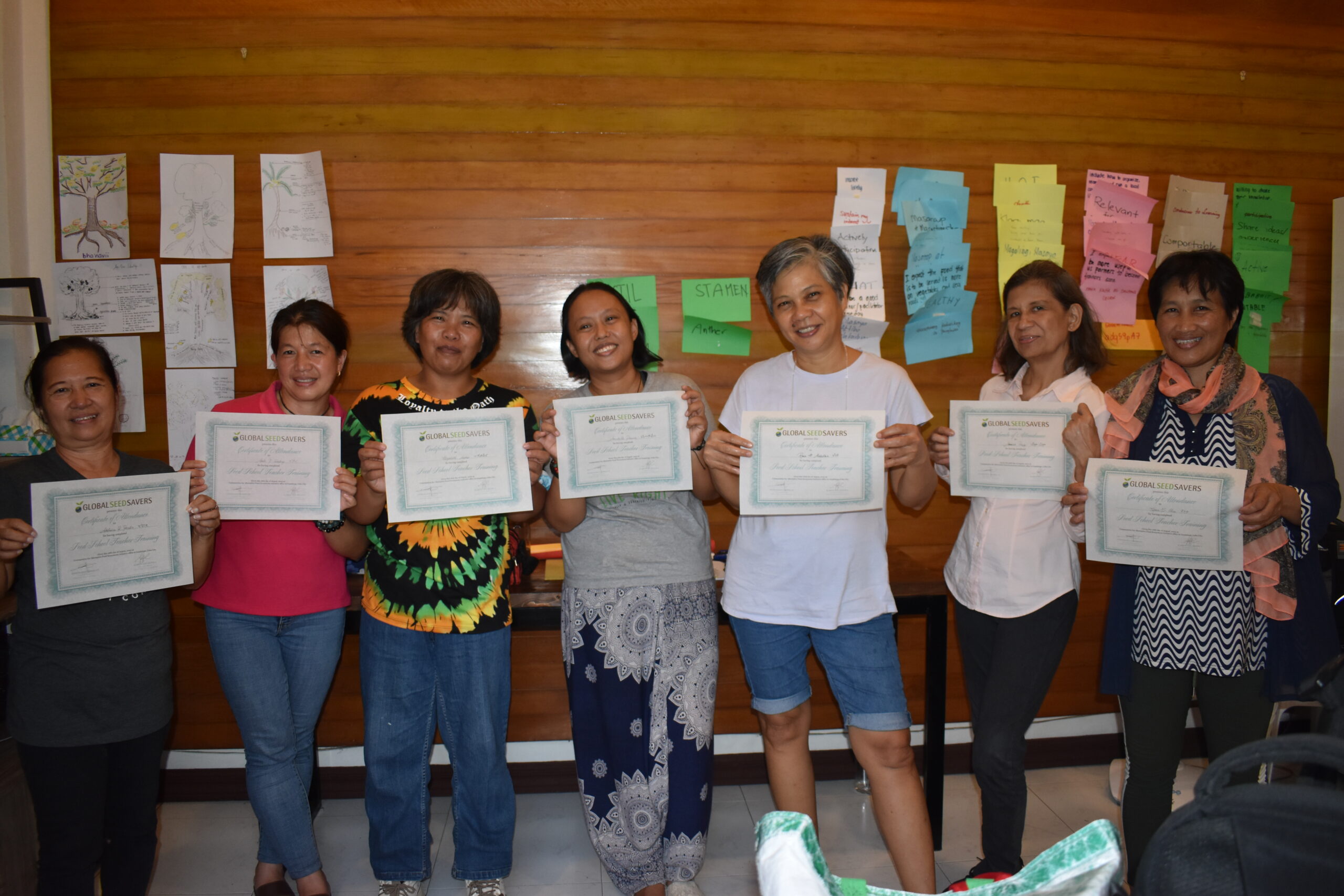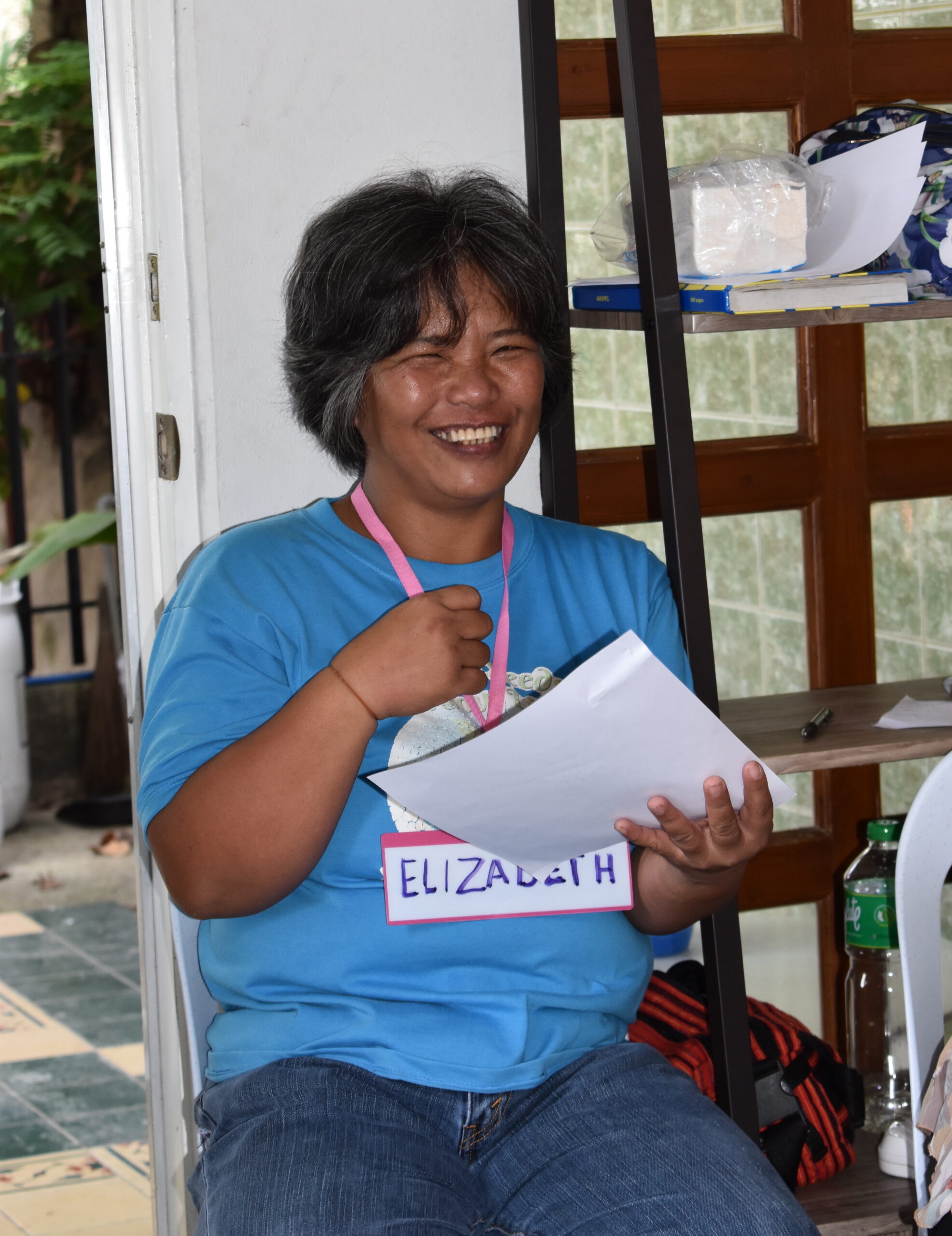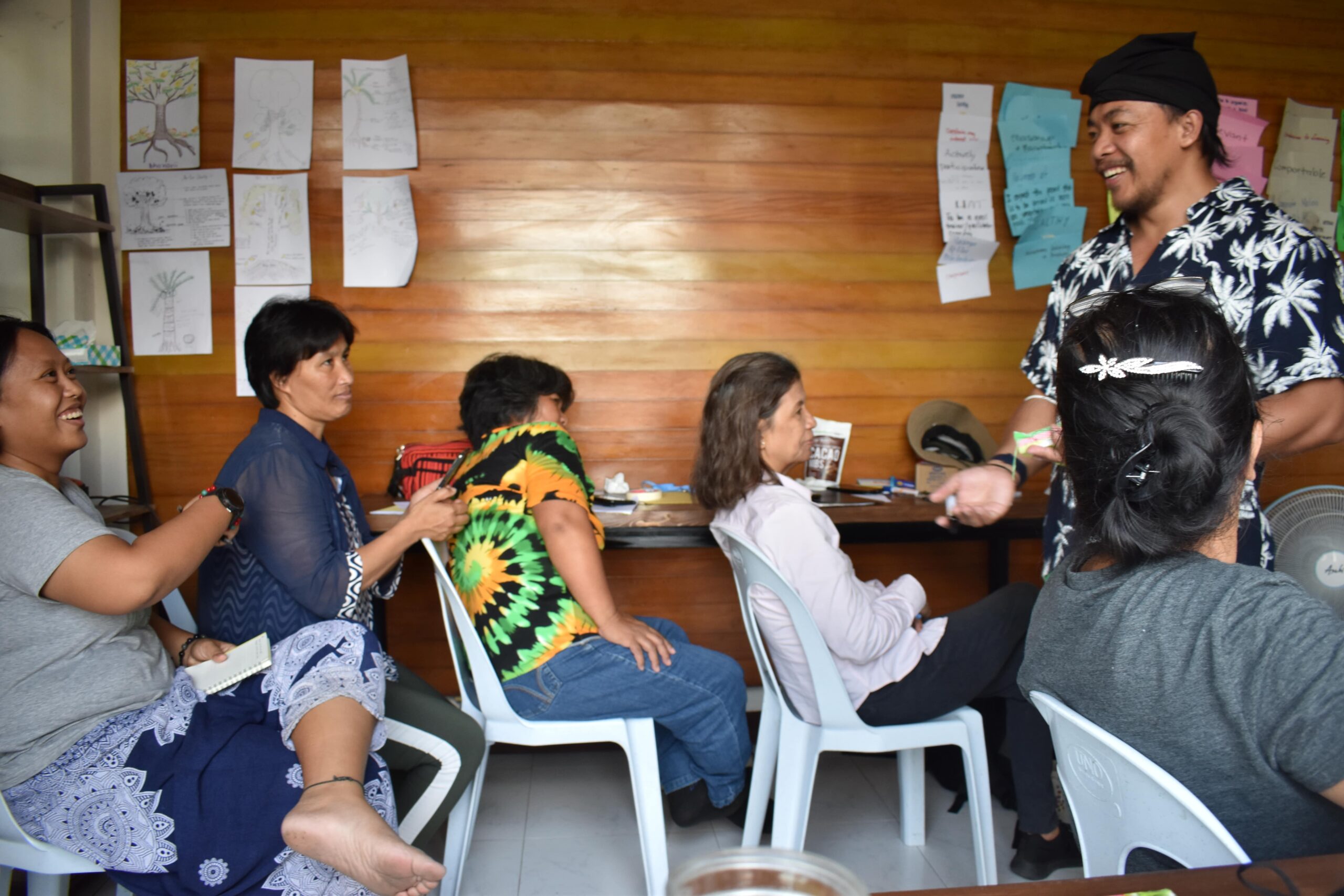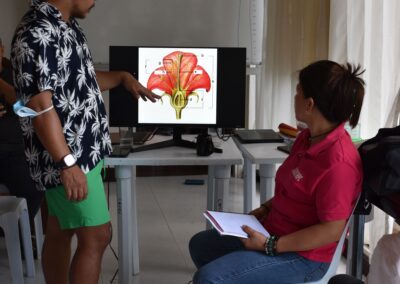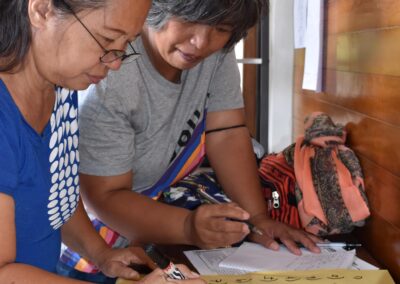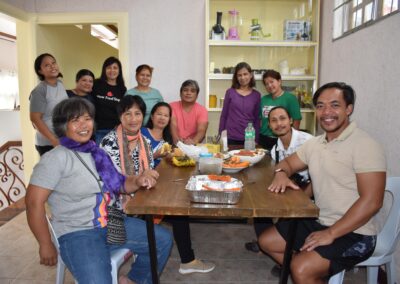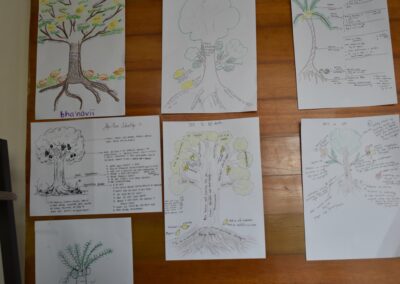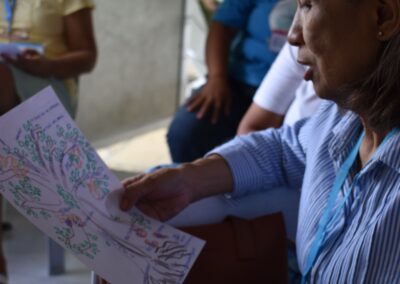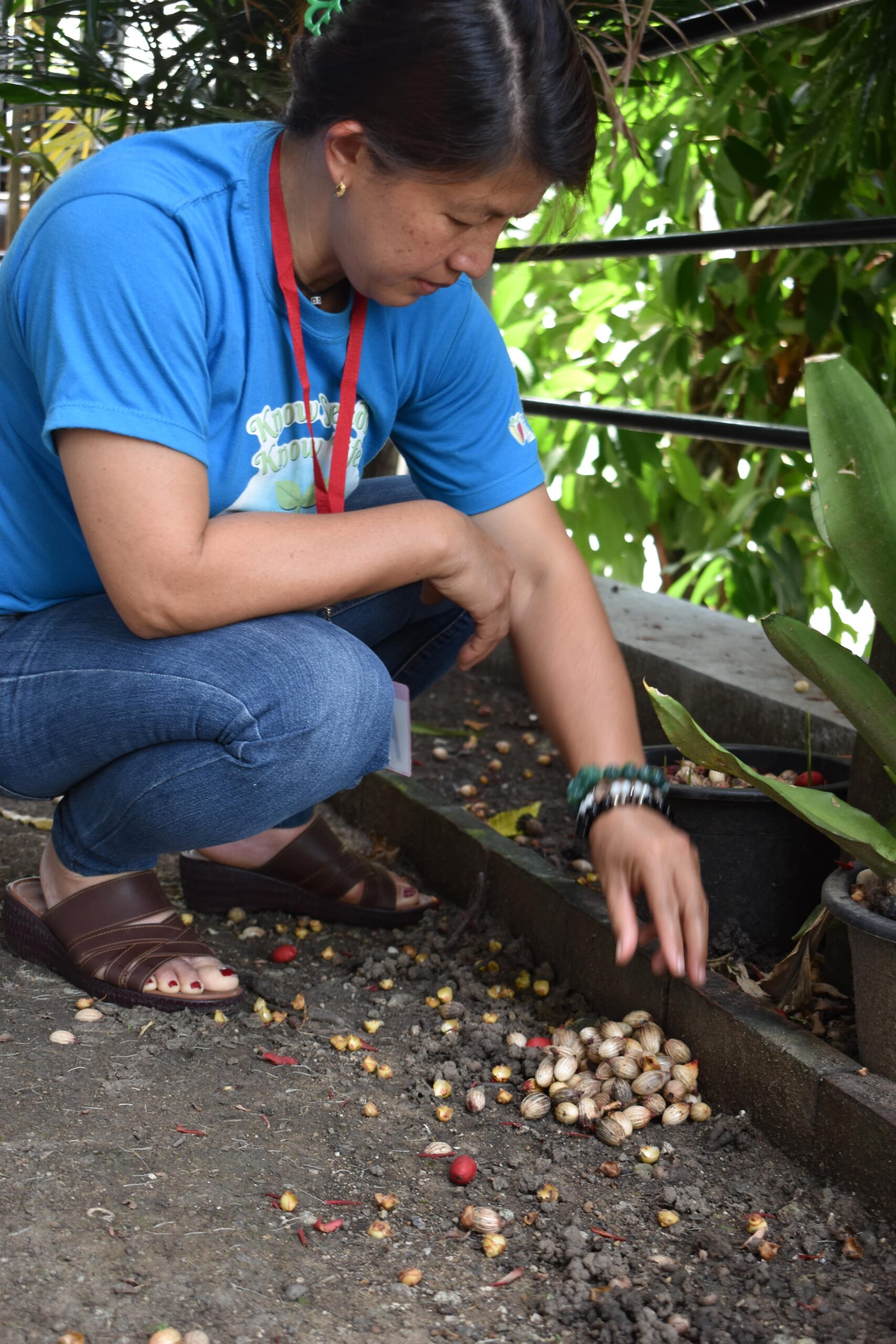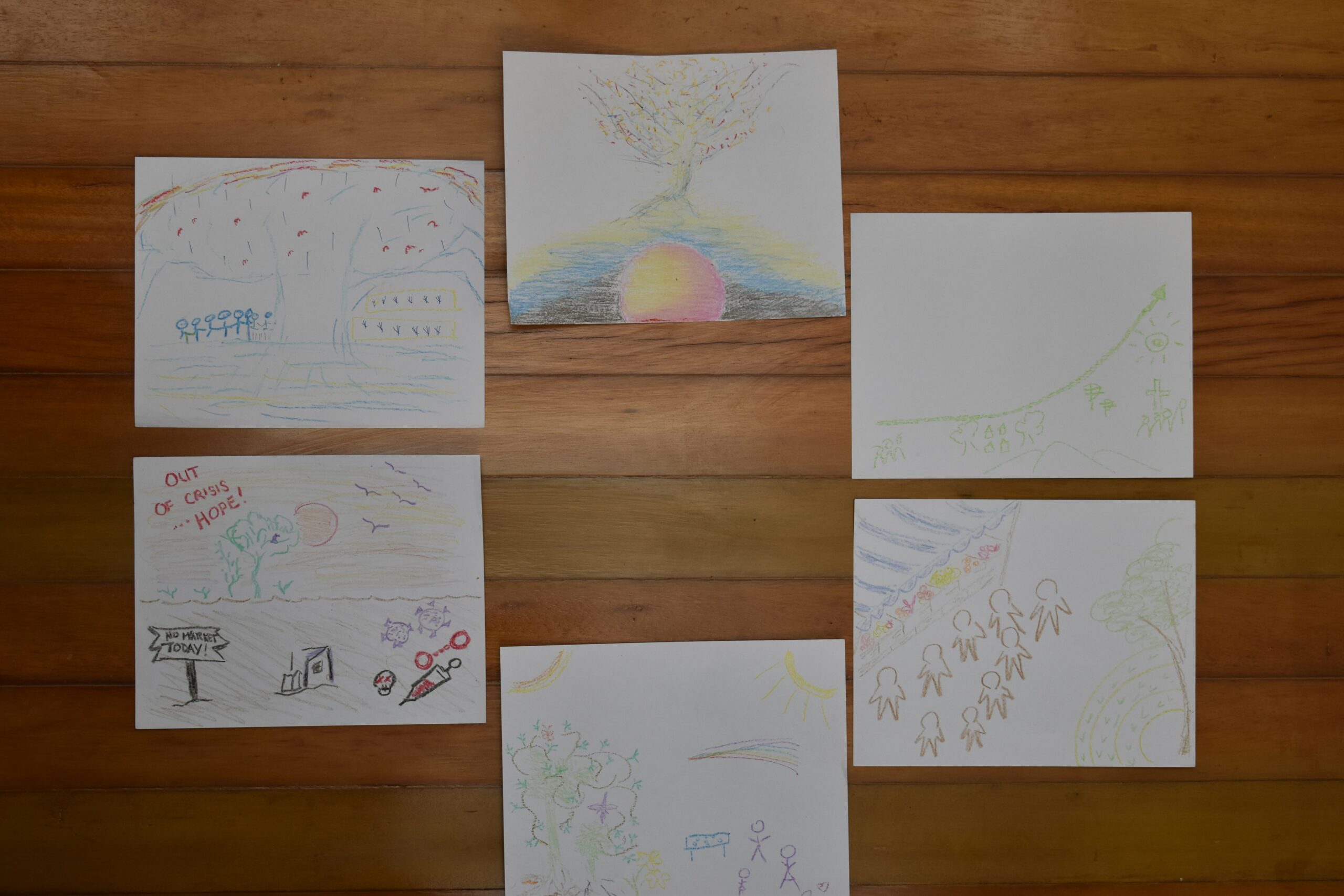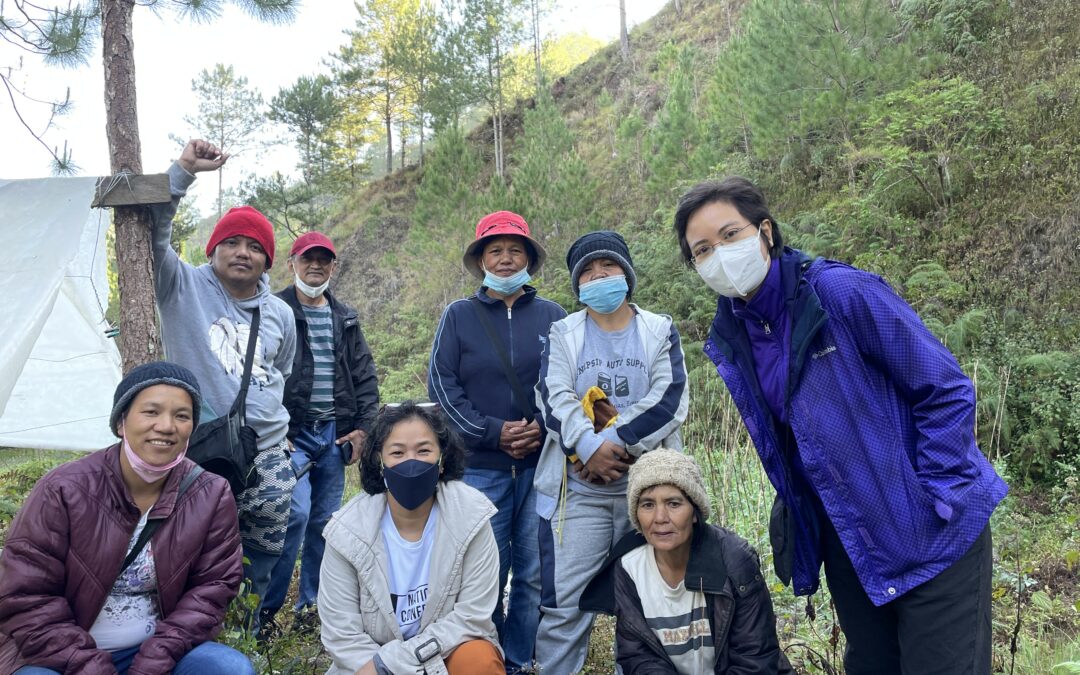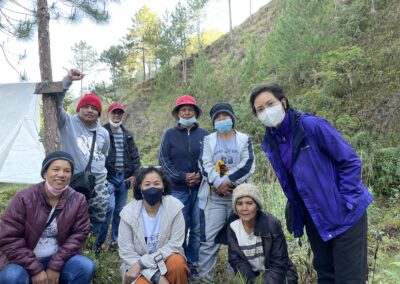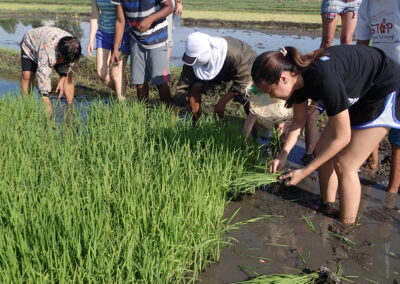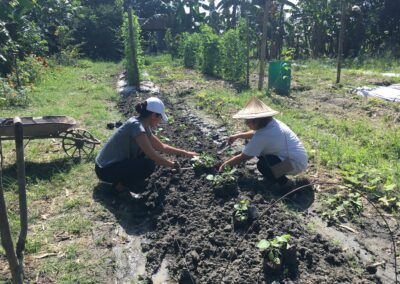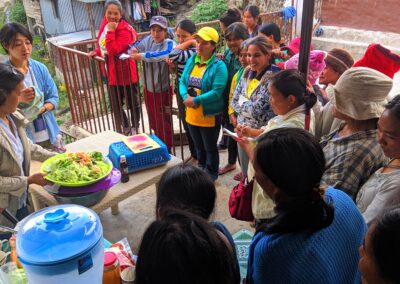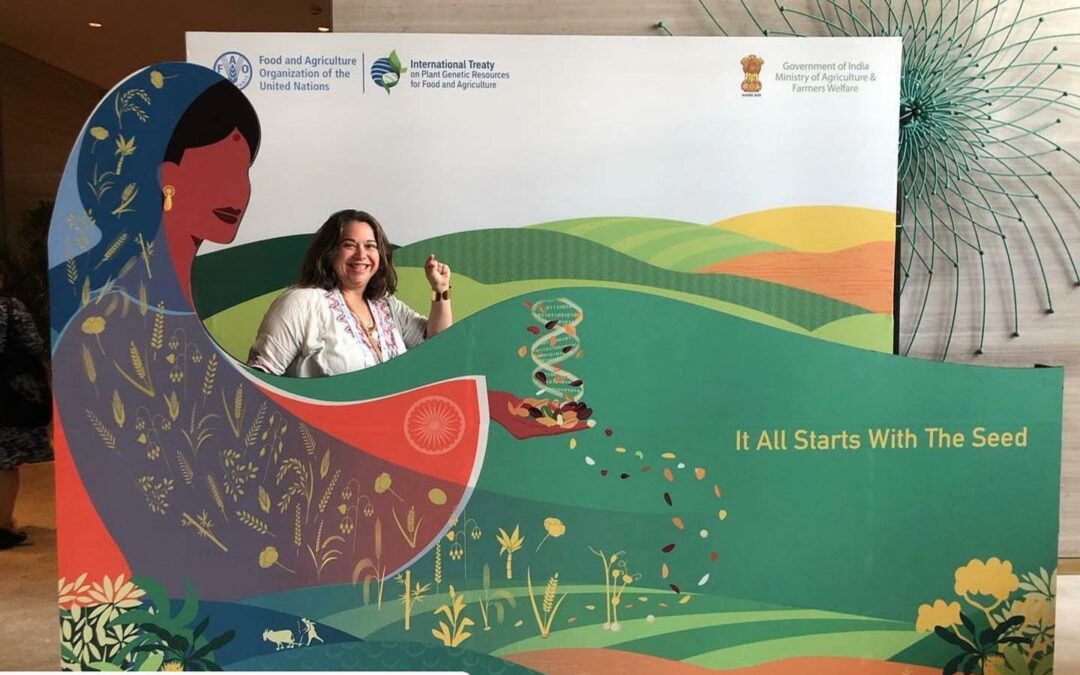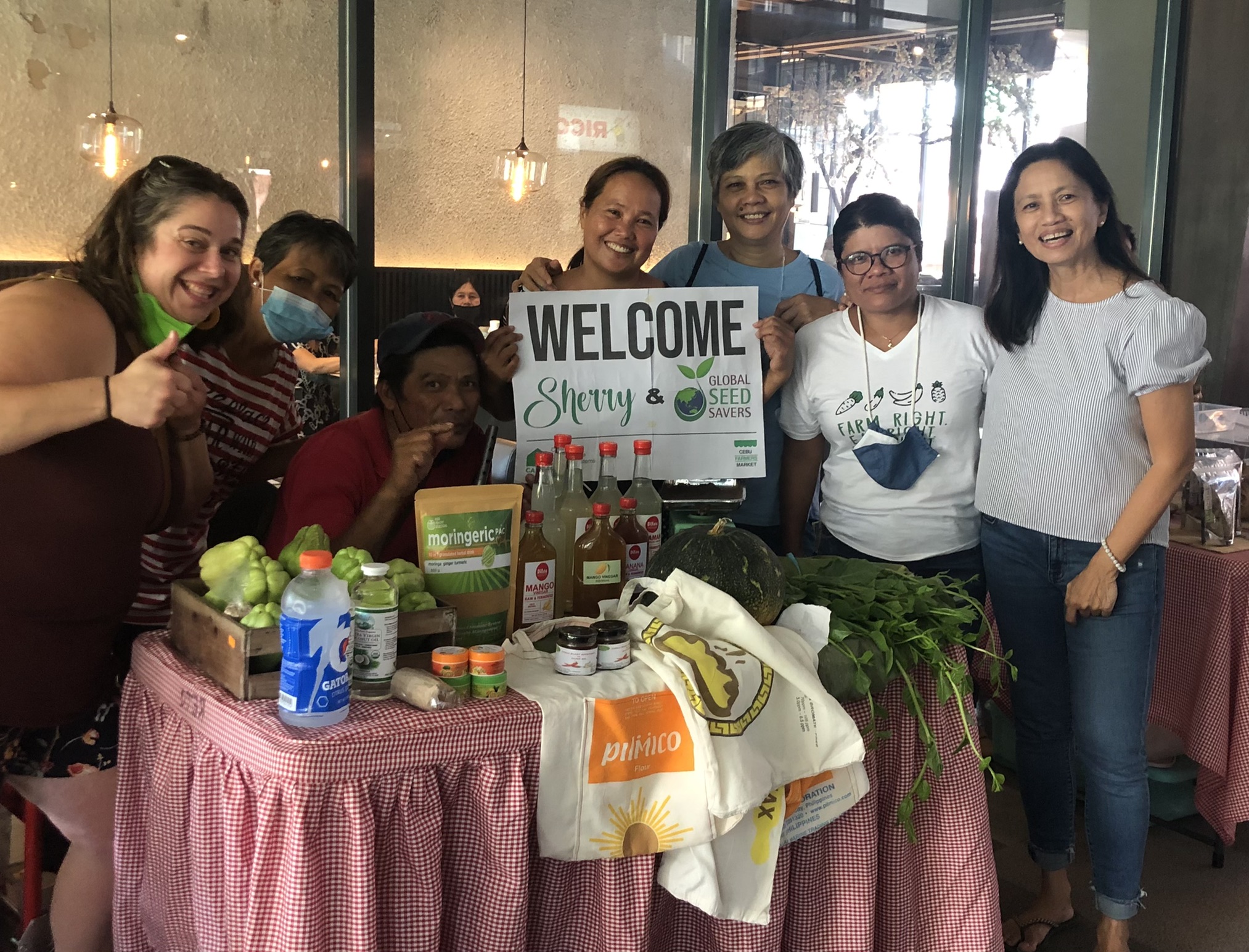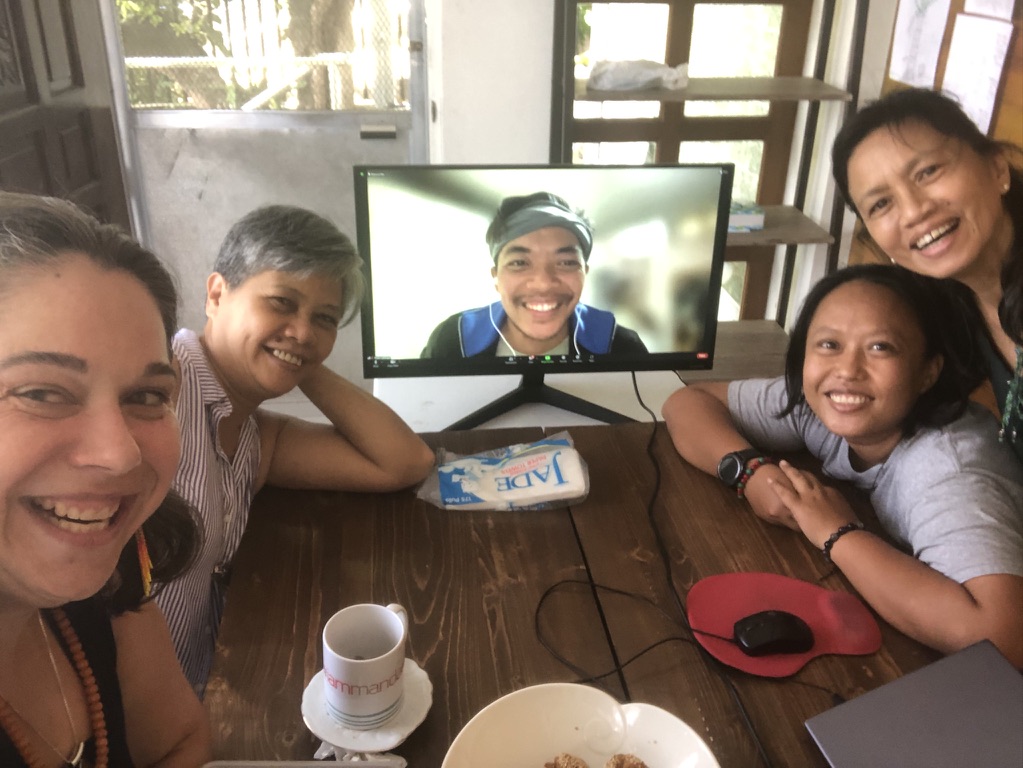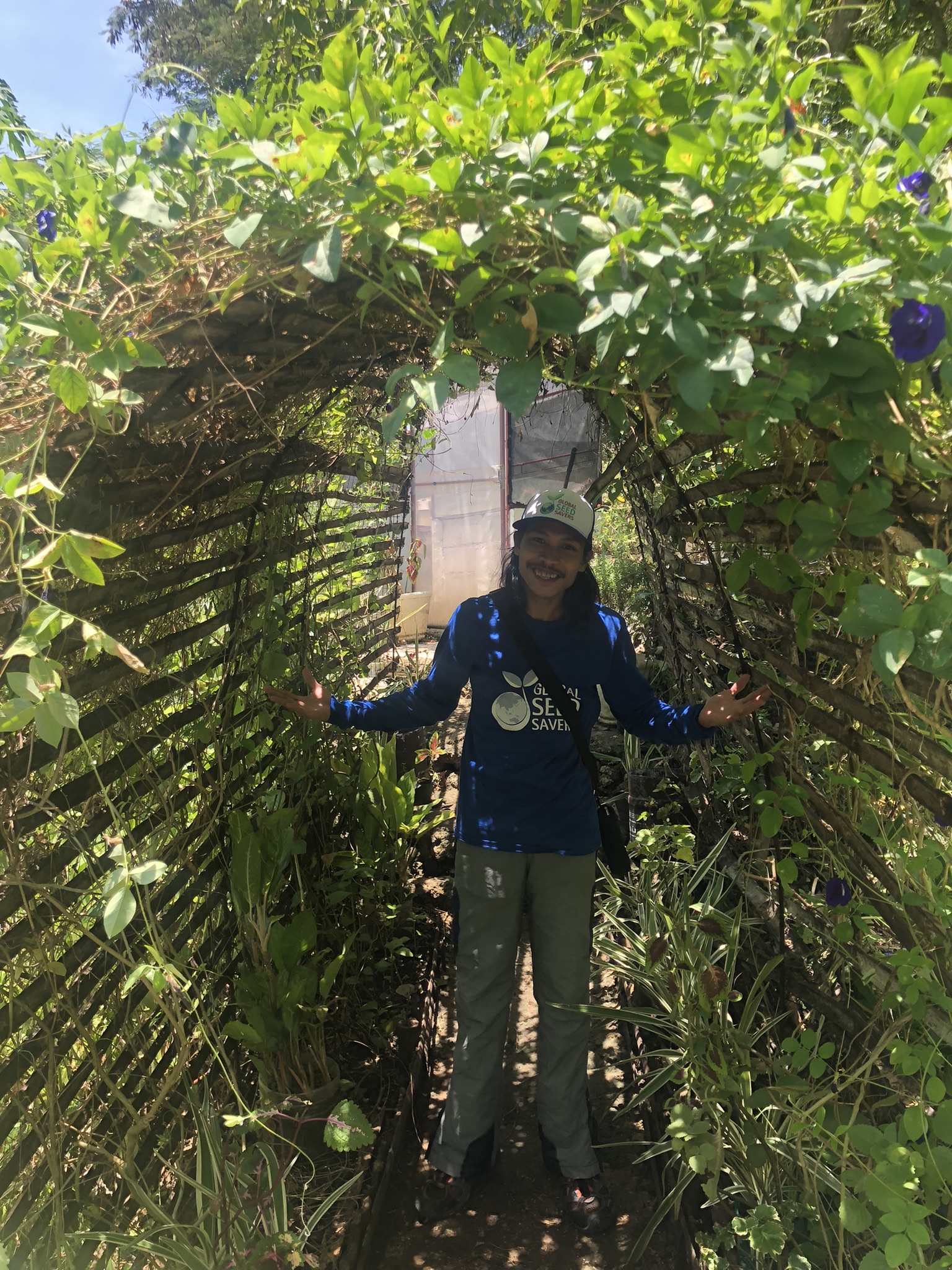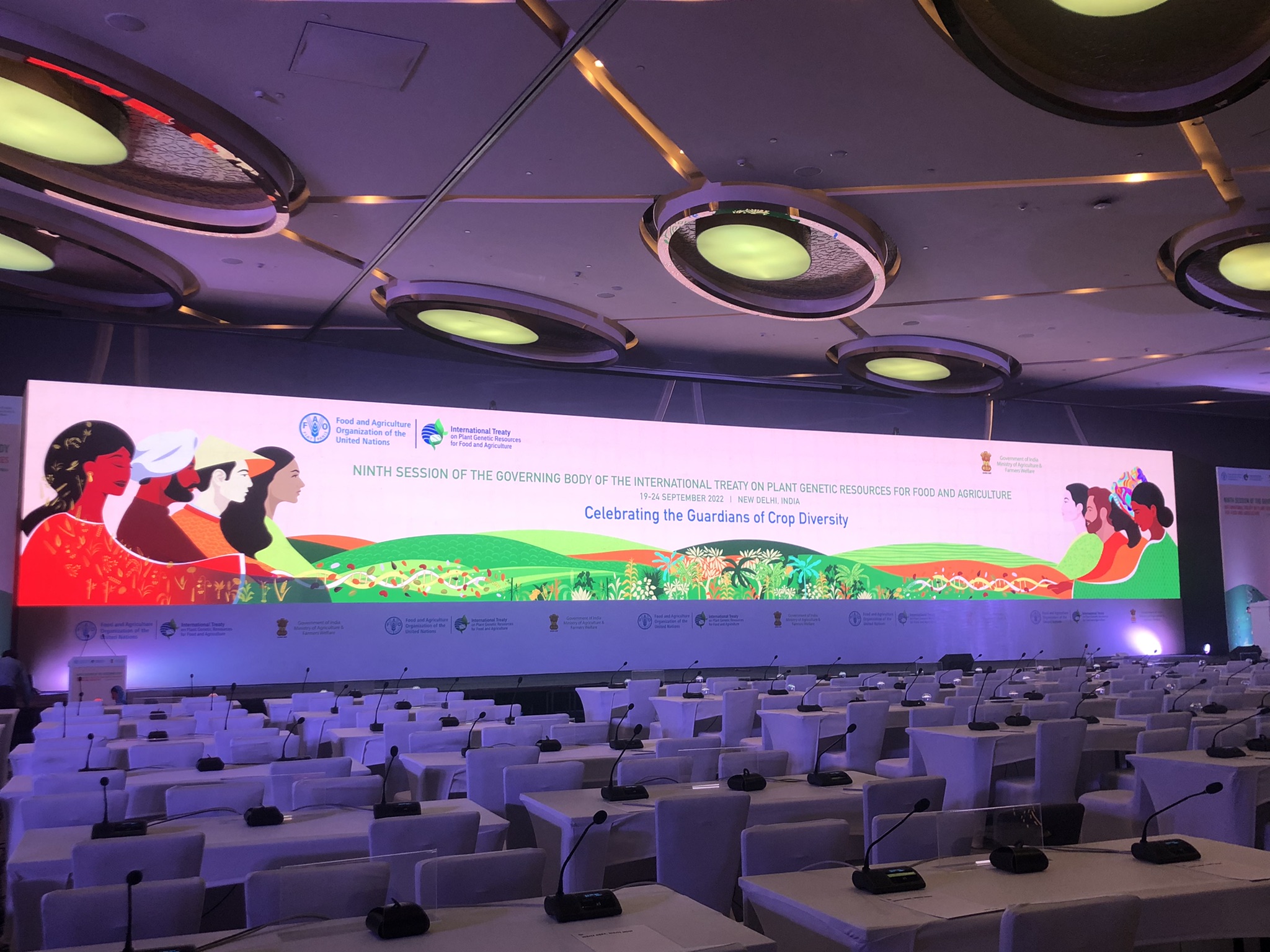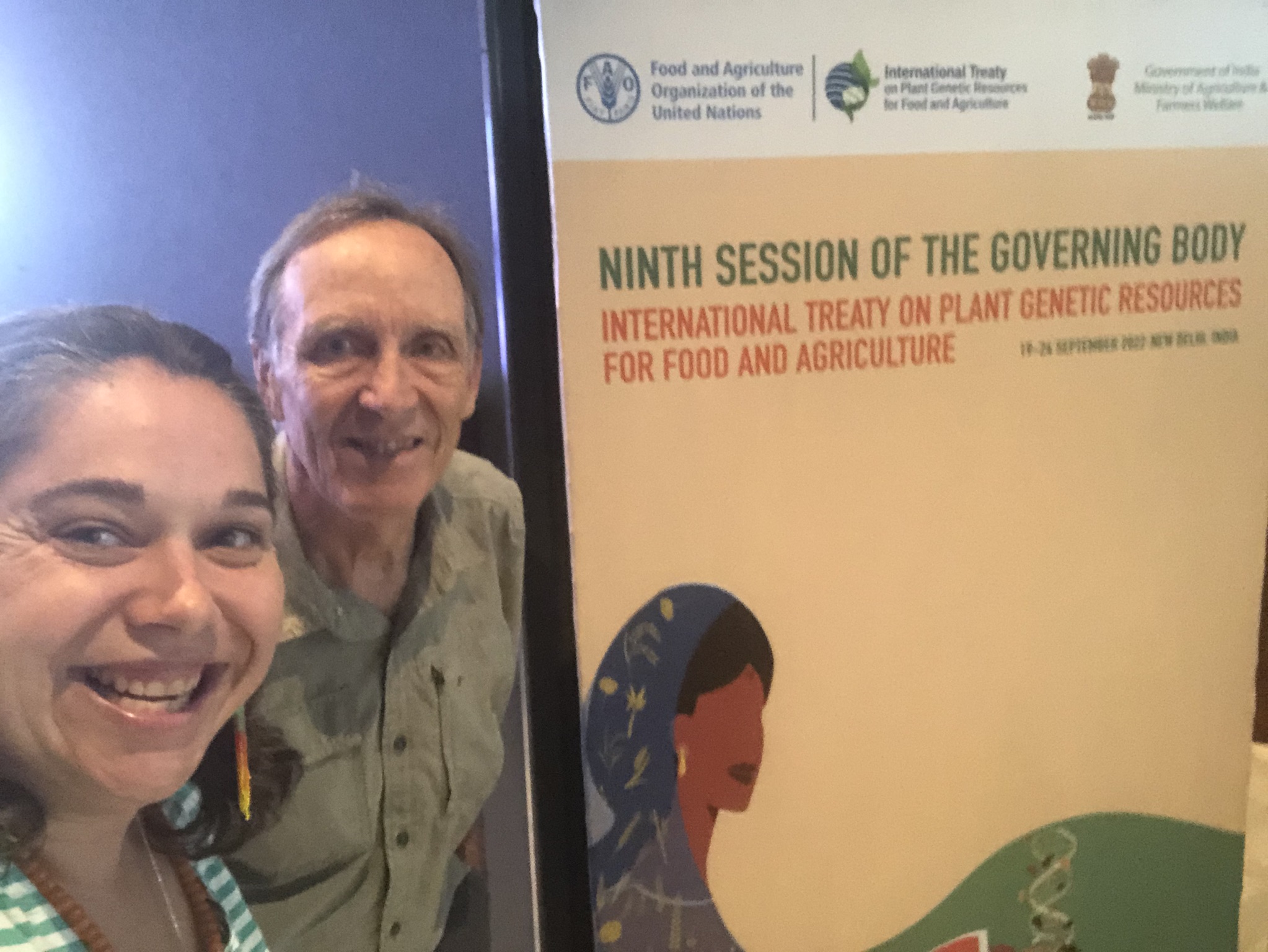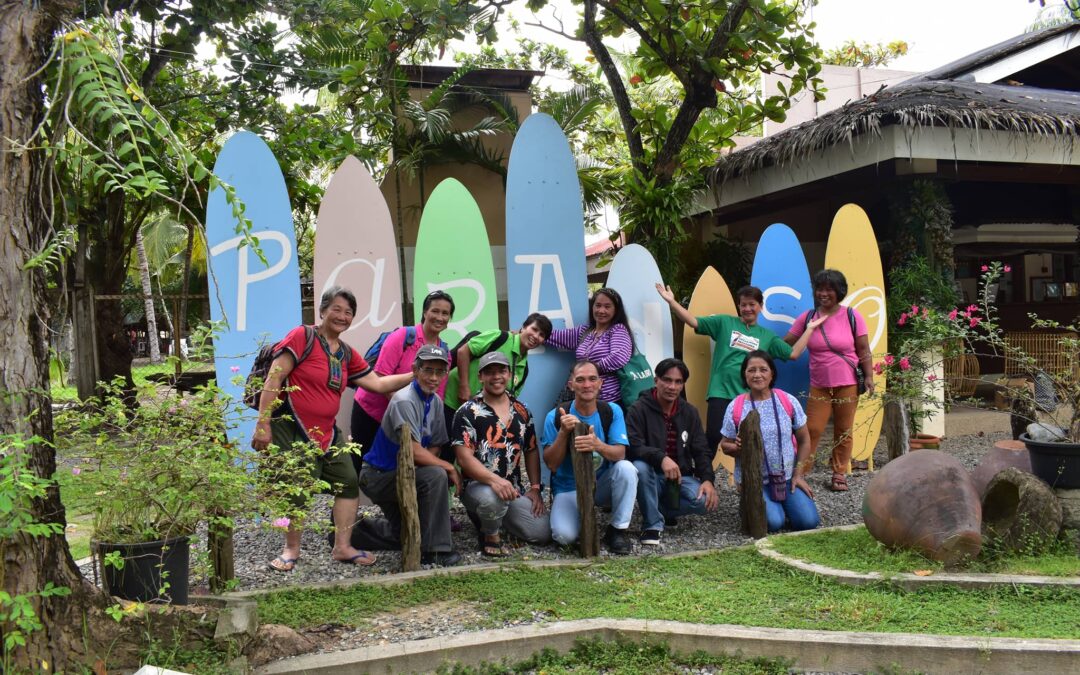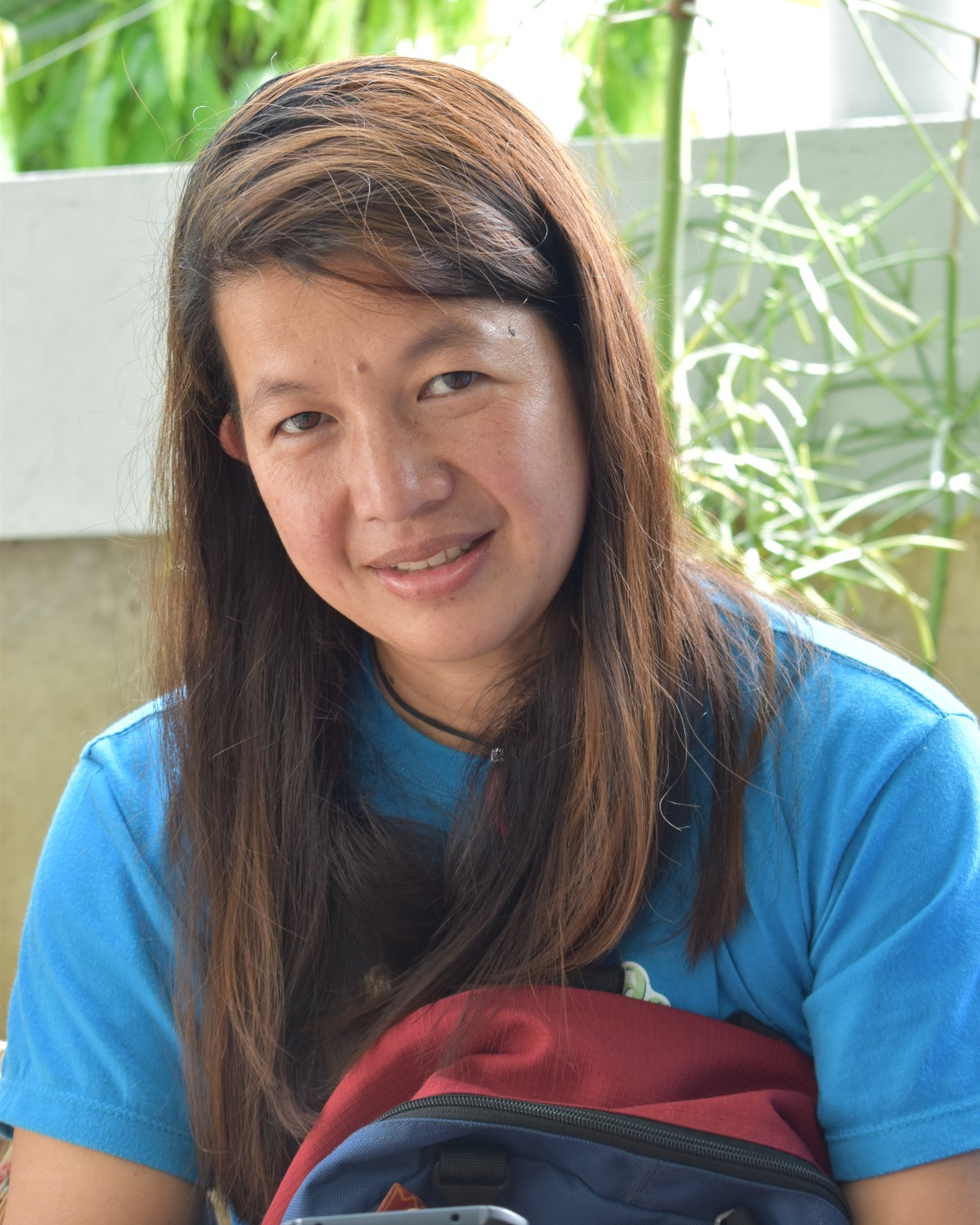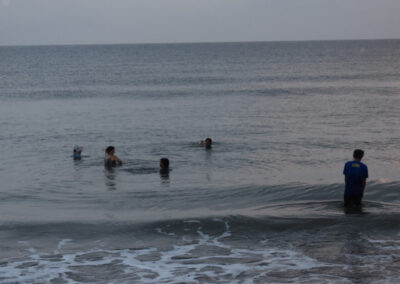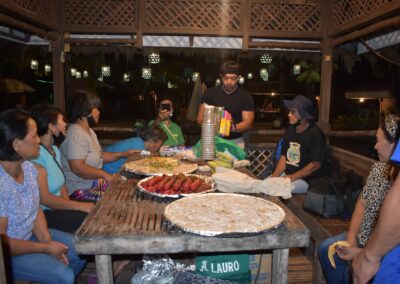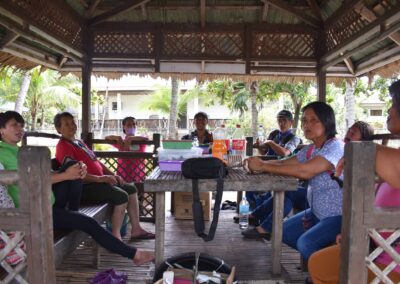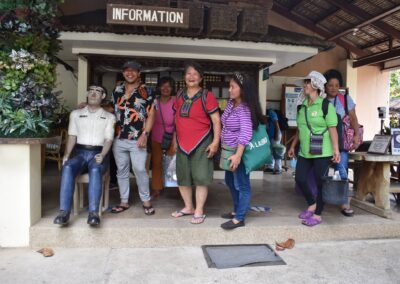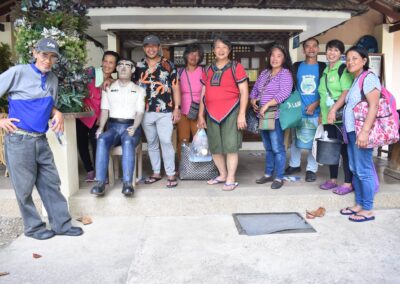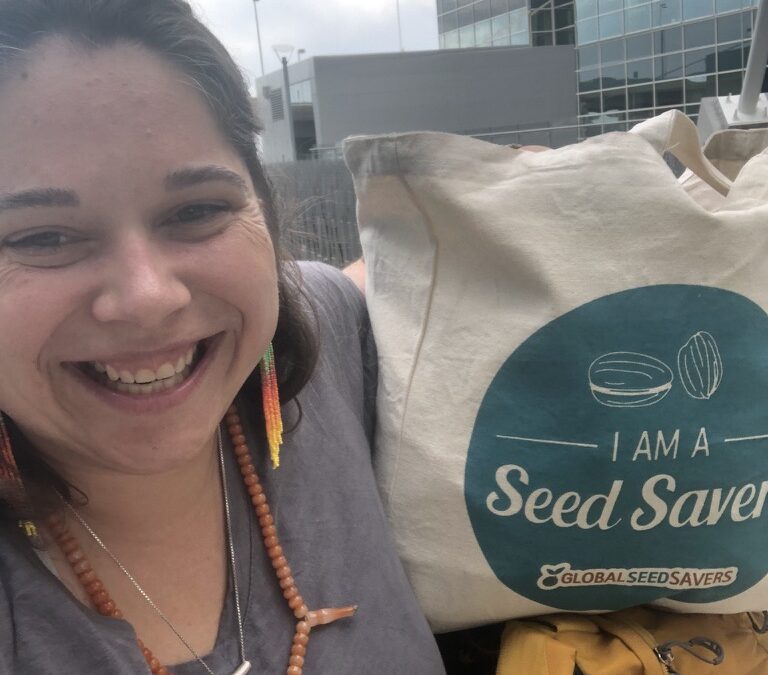As many of you know, I leave very early tomorrow morning (Friday) at 1:30am PST for 6 weeks of work travel in the Philippines and India. I am en-route at the Seattle Airport right now, phew… here I go!! Preparing for this trip has been filled with many emotions as I have not been to the Philippines since December 2019. The world has changed so much in this seemingly short period of time and so much has expanded, deepened, and grown for the entire Global Seed Savers Community and me, during these challenging and beautiful years for our world.
For me, the foundation of our work at Global Seed Savers has always been about deep personal relationships. These relationships began to germinate and take root when I sat at this very Seattle airport, 16 years ago preparing to leave for another big unknown, my Peace Corps service in the Philippines. This experience living, learning, and working side by side the Cosalan Family at ENCA Farm, and immersing myself in the culture and realities of the Philippines for 2.5 years was incredibly transformative and will always be my origin story of our evolving work and my love of the Philippines.
These last two years have opened space for lots of reflection for me personally and for us as an evolving organization. This process has not always been easy, most good things are not, it has been so challenging to watch the suffering across the world, it has been difficult to feel isolated and physically cut off from each other, and it has also been two of the largest years of growth and deepening our commitment to our mission at Global Seed Savers in our history!
In the last two years we have: more than doubled our revenue year over year, enabling us to grow our team from 3 staff to a team of 7, and despite the many challenges our farmers and community partners continue to face, there is one thing that has remained consistent, our deep commitment to our simple but frankly very profound mission. Restoring communities’ abilities to grow their own food and preserve cultural traditions and values through saving their own seeds. Often in our sector, people want to talk about innovation and doing the “next big thing.” However, we are Global Seed Savers have always been deeply rooted in the firm belief that our work is about restoring a tradition and practice that has always worked. We are helping communities and even more so, they are helping us, remember our interconnectedness through the simple act of saving a seed and replanting them time and time again.
I can share our impact numbers and metrics and you can visit our website to see these and learn more, but more than that, our work is about slow, steady change for communities. It is about restoring relationships to the land, to the seed, to culture, to each other. It is about remembering our interconnectedness! And for me, this is what this trip is also going to be about. Reconnecting to a land, people and place that I love!
This will also be the first time we are all gathering in person as a team! While Zoom has certainty made our global work not require travel, you really cannot replace the in person and I am so looking forward to our four day staff retreat next month and time face to face with the dedicated and wonderful people that make GSS tick and operate on the ground! We are not just colleagues, but we really are a family that genuinely cares for each other.
This trip will also be about a big new adventure and opportunity for growth for Global Seed Savers. Thanks to our mentor and dear friend Bill McDorman, we have been accepted to attend the FAO 9th Governing Body Session on the Treaty for Plant Genetic Resources in New Delhi, India in mid-September. We are thrilled to have the opportunity to participate in this exciting FAO gathering and learn, contribute, and ensure that the voices of the true heroes in agriculture are represented, our dedicated partner farmers. At this critical moment in history there has never been a more important time to advocate for the restoration of local food and seed systems. We will also be spending three days at Navdanya, Vandana Shiva’s farm in outside of Dehradun.
My wonderful colleague and dear friend Karen often says, “When you hold a seed, you are holding the past, present and future.” This is a fitting statement for all I am feeling as I begin this journey. Just like the seeds our farmers grow, I am holding all of these things’ memories of my past trips and times in the Philippines, the current realities facing our world and our work, and also holding immense gratitude and hope for all that will unfold during these next 6 weeks.
Thank you for being part of our ever-growing community and Global Seed Savers and thank you for being a strong support to me!
Next update from the ground in Cebu!
Ingat/Amping!
Sherry
